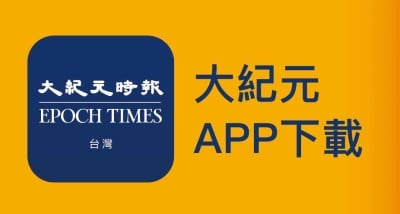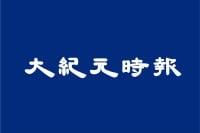單元1:Reading for Fun 好文趣事

文章一
Stretches for Older People
As we age, our bodies naturally experience a decline in flexibility and mobility. This can lead to stiffness, discomfort, and even pain. Stretching is an excellent way to combat these issues, helping to improve flexibility, balance, and range of motion.
Shoulder Rolls
These help relieve tension and stretch the muscles of the chest, neck, and upper back. Gently roll your shoulders backward while inhaling through your nose and exhaling through your mouth. Repeat in both directions.
Seated Hamstring Stretch
The hamstrings can become tight with age. A seated hamstring stretch is a gentle way to improve flexibility in this area. Start by sitting on the edge of a chair with your legs extended in front of you. Reach forward, trying to touch your toes. Hold the stretch for 15~30 seconds before releasing. This can also be done one leg at a time.
想一想:
1. 根據本文,下列敘述哪一項錯誤?
(1)隨著年紀增長,身體的彈性自然降低。
(2)伸展運動能減緩某些疼痛。
(3)轉動肩膀可舒緩緊張,伸展胸頸等部位。
(4)採坐姿拉筋時,椅子要坐滿坐穩。
2. 根據本文,當身體缺乏彈性或活動力時,可能會導致哪些問題?
3. 坐而言不如起而行,立馬動動身體伸展一下吧!分享另一個您常做的伸展。
解答:
1. (4)
2. This can lead to stiffness, discomfort, and even pain.(這會導致身體僵硬、不適,甚至疼痛。)
(文章來源:英文大紀元時報)
---------------------------------------------------------------------------
文章二:
How the “Google Effect” Affects Your Memory
Not so long ago, finding information about an unfamiliar subject meant substantial personal effort—trips to the library, paging through reference books, or phone calls to others who might be in the know.
Now that virtually any bit of information, from the most trivial to the arcane, can be found in seconds via Google or other search engines, not only does it take less effort to find information, but most of us also put less effort into remembering it. We in effect “outsource” our memory to the internet and use social media as one of our personal online memory banks.
In fact, one study published in the Aug. 5, 2011, issue of Science found that “when people expect to have future access to information, they have lower rates of recall of the information itself and enhanced recall instead for where to access it.” In other words, we’re more likely to remember which website to search than the actual information we’re looking for.
When it comes to learning, effort matters.
There’s a really strong relationship between the effort you tend to put into a task and how likely you are to remember it. The more you strain your cognitive faculties, the better you’ll be able to remember it. If you really have to work for it, combining a lot of different cognitive processes, that’s going to be a very strong memory. Online, you’ll get the answer, but you’ll basically have no memory of that experience and have to look it up again. We export our long-term memory to these devices.
想一想:
1. 根據本文,下列何者有誤?
(1)想要擁有深刻記憶力,付出努力是必然。
(2)2011年的研究顯示,透過搜尋谷歌,我們較容易記得訊息。
(3)充分體驗認知過程,能促成深刻記憶。
(4)現代人的記憶來自網路。
2. 根據本文,在網路未流行的年代,我們是如何獲取新知識?
3. 現代人因為網路發達與便利,造成記憶訊息能力減退,您也認同本文的看法?或是您有不同見解。
解答:
1. (2)
2. Trips to the library, paging through reference books, or phone calls to others who might be in the know.(去圖書館、翻閱參考書籍,或致電給可能知道答案的人。)
(文章來源:英文大紀元時報)◇





























